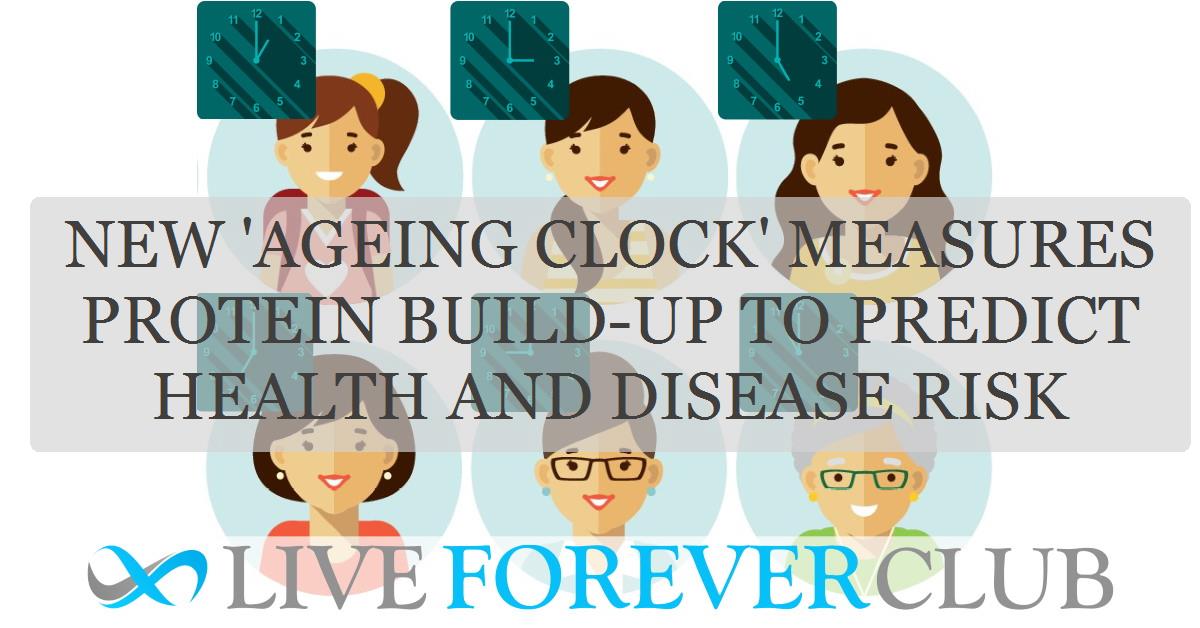Key points from article :
Proteins in our cells can clump together as we age, forming amyloids.
These protein clumps, especially from IDPs (intrinsically disordered proteins), are linked to age-related diseases.
Researchers propose a "protein aggregation clock" to measure a person's health and age.
This clock could help diagnose diseases earlier and identify people at higher risk.
It could also assess potential treatments for reducing protein aggregation to prevent or delay age-related diseases.
Protein clocks would complement existing DNA-based ageing clocks.
More research is needed to develop a protein aggregation clock into a diagnostic tool.
Research by Johannes Gutenberg University Mainz (JGU), published in Nature Cell Biology.






